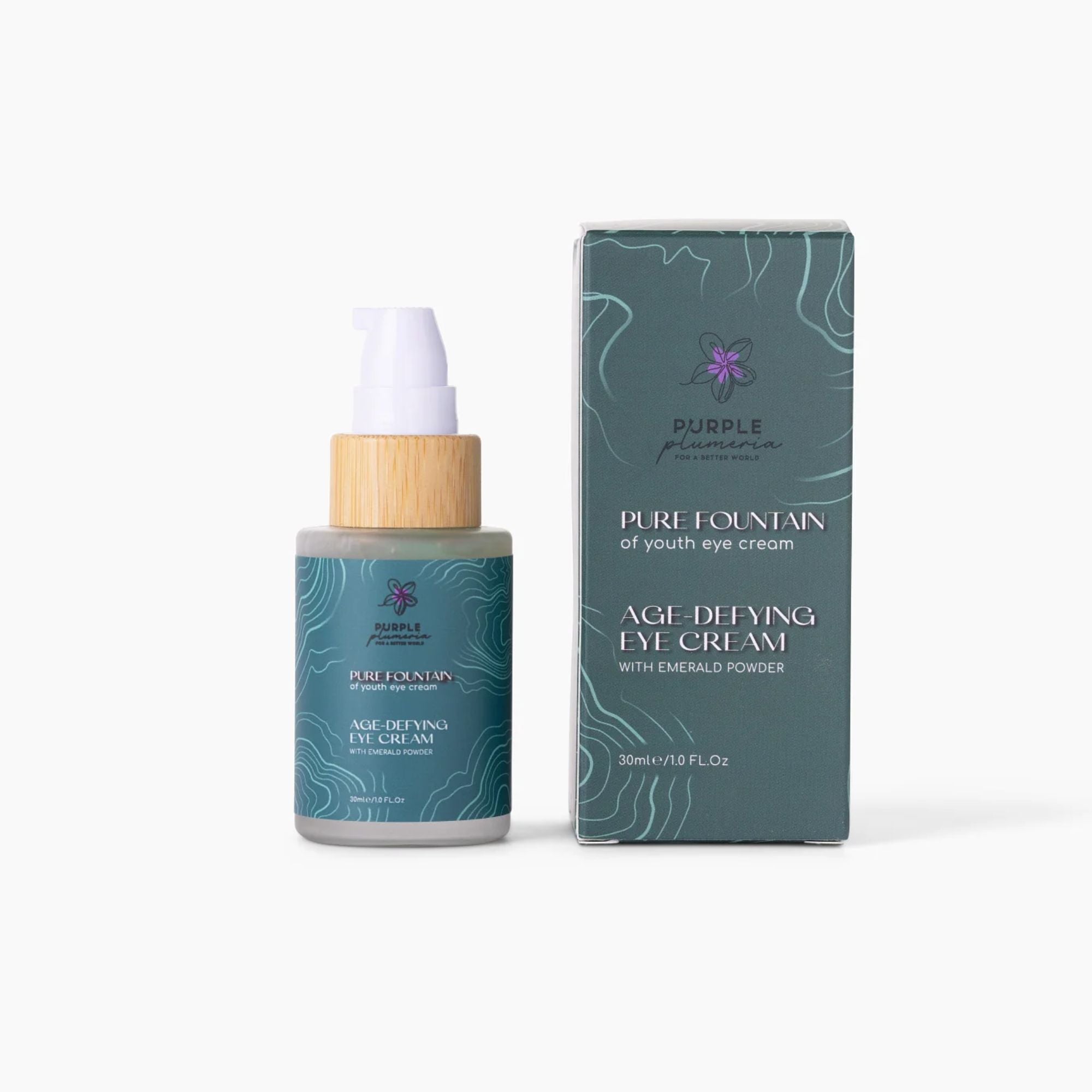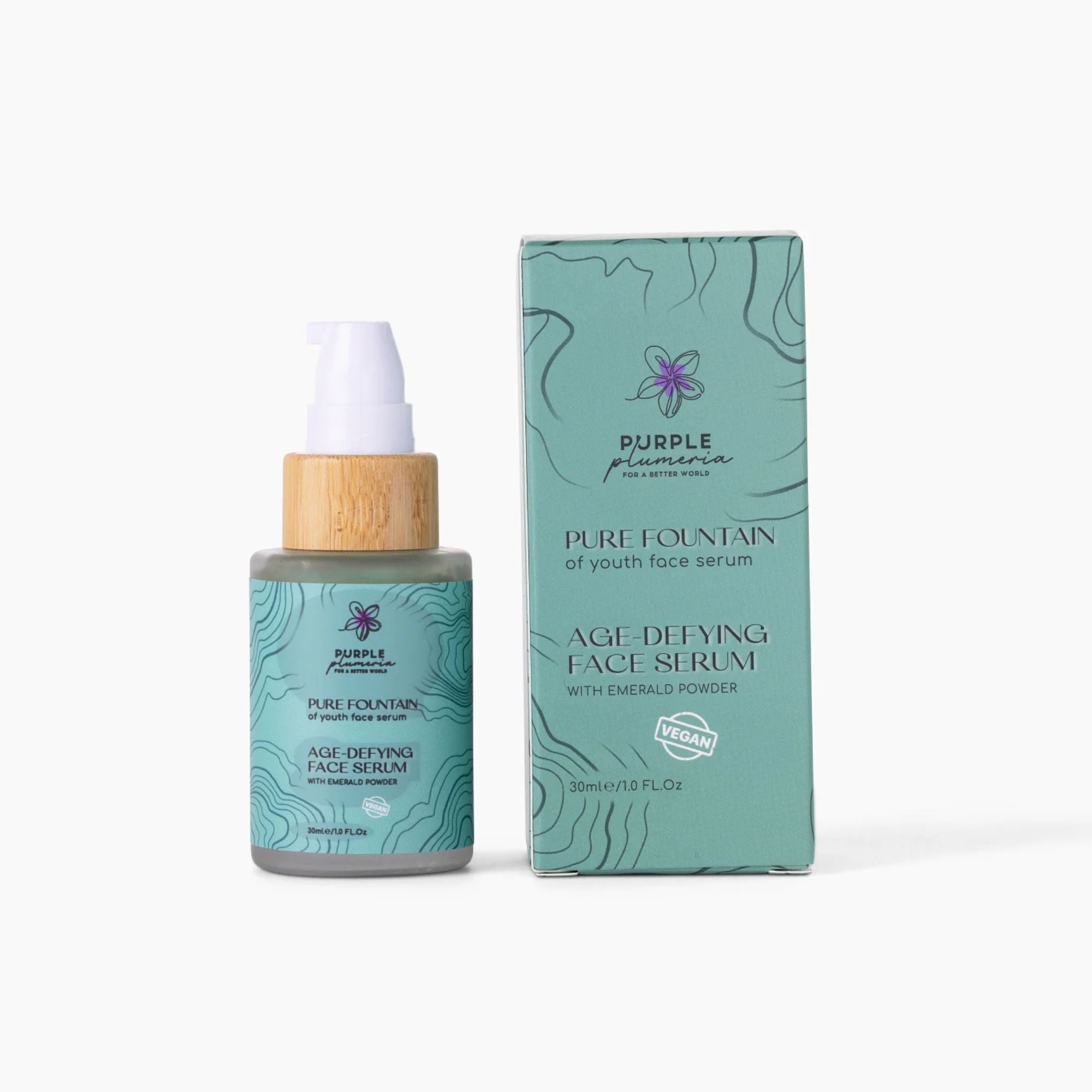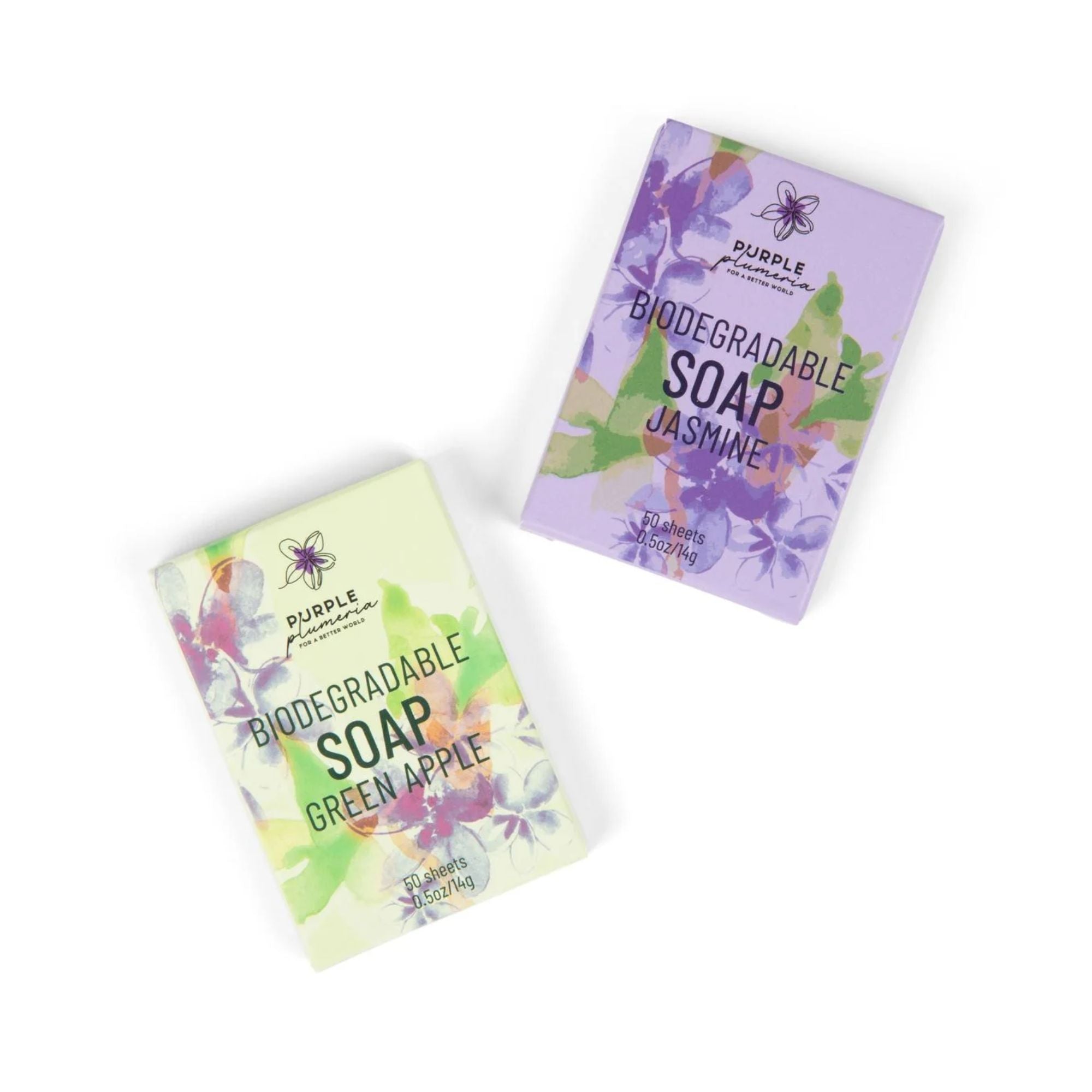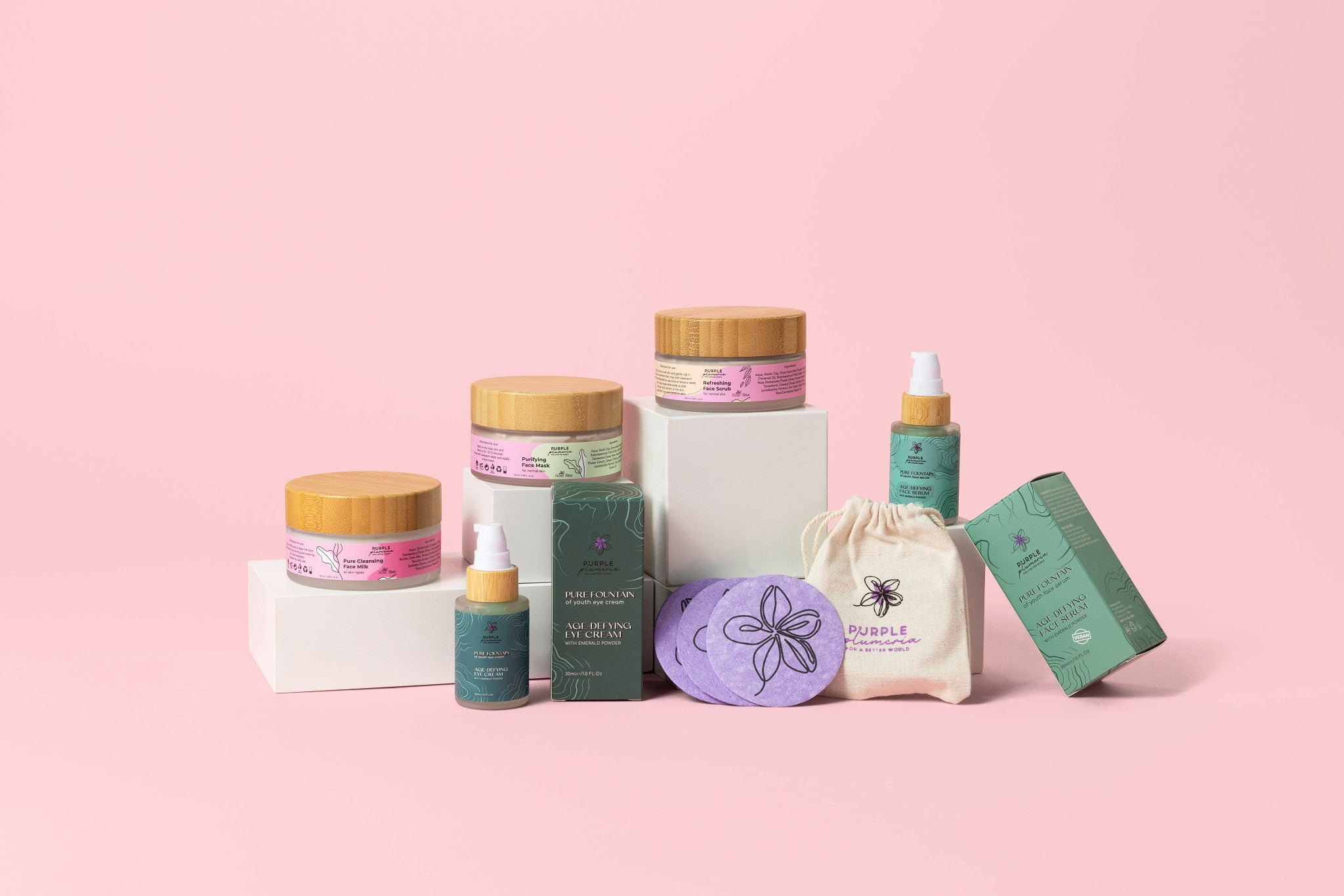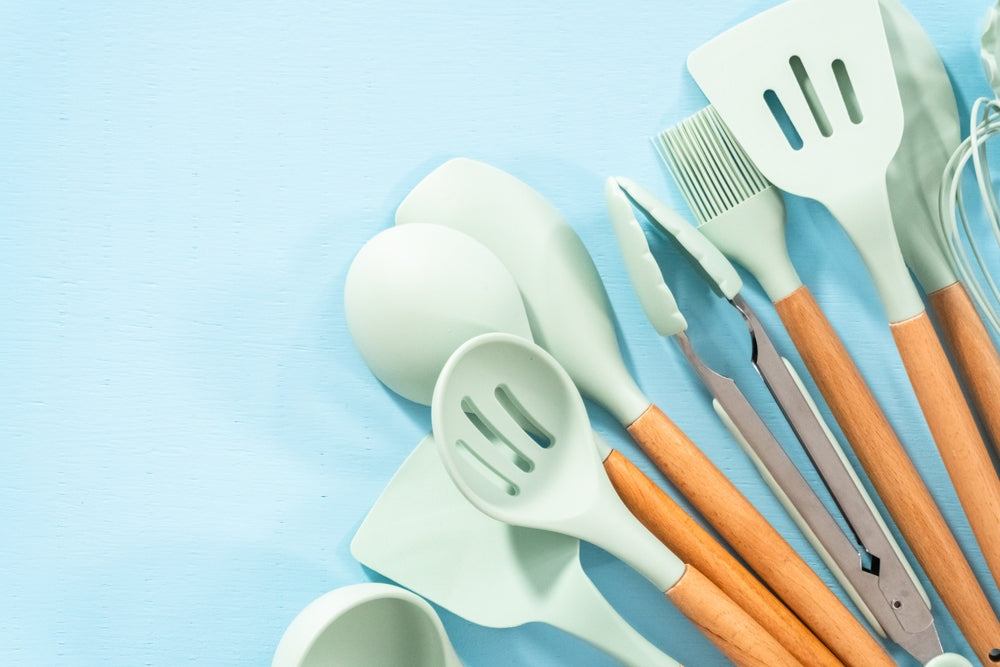Silicon kitchen utensils have overtaken the culinary world, becoming a staple in modern kitchens. Their vibrant colors, non-stick properties, and heat resistance make them a go-to choice for many home cooks.
But amid their popularity, one pressing question often arises: Are silicon kitchen utensils safe?
Understanding their chemical composition, benefits, and potential drawbacks is key to making informed decisions for your kitchen.
The content below will give you all the information to do just that. Let’s get into it!
Understanding Silicon in Kitchen Utensils
Silicon is a unique material that combines silicon—a natural element found in sand and quartz—with oxygen, carbon, and hydrogen. This blend creates a flexible, durable substance that resists heat and cold without degrading.
Your utensils won't melt or warp under pressure in the kitchen, making them ideal for everything from stirring hot soups to flipping pancakes.
Silicon’s non-porous surface sets it apart from other materials.
Unlike wood, which can absorb bacteria and odors, or metal, which may scratch non-stick cookware, silicon remains clean and odor-free, even after repeated use.
Chemical Composition and Safety
The safety of silicon kitchen utensils often comes down to one key factor: their grade.
Food-grade silicon, commonly used in kitchen tools, is non-toxic and free from harmful chemicals like BPA and phthalates. These utensils undergo rigorous testing to meet safety standards set by organizations such as the FDA and LFGB.
Concerns about chemical leaching often arise when discussing plastics, but high-quality food-grade silicon does not share these risks.

Unlike some plastics, silicon won’t release harmful substances into your food, even at high temperatures.
However, avoiding low-quality or uncertified products that might meet different safety standards is essential.
Temperature Resistance and Cooking Safety
One of silicon's standout features is its ability to handle extreme temperatures. Silicon utensils remain unfazed when stirring a boiling pot of pasta or scraping batter from a frozen mixing bowl.
Their melting point far exceeds the temperatures typically in household kitchens, making them a safer alternative to plastic utensils that might melt or release toxins.
Compared to traditional materials like metal or wood, silicon offers a balance of durability and flexibility. It won't scratch your non-stick pans or retain heat, reducing the risk of burns. This makes silicon ideal for cooking delicate dishes that require precise handling, like eggs or sauces.
Benefits of Using Silicon Kitchen Utensils
In addition to being safe, silicon utensils have many practical advantages. Here are some of the most notable ones:
Non-stick Compatibility: silicon tools are gentle on your cookware, preserving the non-stick coating of your pans. This helps your kitchen investments last longer and keeps your other cookware safe.
Ease of Cleaning: Their non-porous nature means silicon utensils won’t absorb food stains, oils, or odors. Furthermore, even dried food remains won’t be a pain to clean off, thanks to this feature. Many silicon cooking utensils are also dishwasher-safe, making cleanup a breeze.
Durability: High-quality silicon doesn’t crack, chip, or degrade over time, ensuring your utensils stay in good condition for years. What’s more, many to-go food and drink items, such as Purple Plumeria’s Eco-Friendly Collapsible Reusable Silicon Cup, are also made from silicon, allowing you to take them with you without worrying about them getting damaged or damaging any of your other items.
Versatility: silicon tools, from baking spatulas to ladles, adapt to various tasks. Whether scraping frosting off your stand mixer bowl or making a delicate sauce in a nonstick saucepan, silicon utensils will be your trusted assistant.
Potential Risks or Downsides
While silicon utensils offer numerous benefits, they’re not without minor drawbacks.
Low-quality silicon products can sometimes emit an unpleasant odor or discolor over time. To avoid these issues, always opt for food-grade silicon from trusted sources.
Additionally, silicon is not ideal for cutting tasks or heavy-duty scrubbing. Using silicon utensils on sharp surfaces may lead to wear and tear, so it's best to pair them with other durable tools when necessary.
From an environmental perspective, silicon is more sustainable than single-use plastics, but its recyclability is limited.
This is why it is essential to choose high-quality, reusable options, such as reusable silicon cups. This will lengthen the product's lifespan and remove the burden of excessive decomposition on the environment.
How to Choose Safe Silicon Kitchen Utensils
To ensure you're getting safe and high-quality silicon utensils, follow these tips:
Look for Certifications: Opt for utensils labeled as food-grade and certified by reputable organizations like the FDA.

Purchase from Reliable Brands: Trusted suppliers like Purple Plumeria offer kitchen tools designed with safety and sustainability in mind.
Avoid Suspiciously Cheap Products: Low prices can indicate lower-quality materials that might be unsafe for food contact.
Inspect for Signs of Wear: Replace utensils that show cracks, chips, or discoloration, as these can compromise their performance, but make sure you dispose of them responsibly.
Silicon Utensils in Sustainable Kitchens
Silicon is a practical alternative to traditional kitchen tools in today's eco-conscious world. Unlike single-use plastics, silicon utensils are long-lasting and help reduce waste.
That said, while silicon is durable, its recyclability is more complex than that of materials like glass or metal. To minimize environmental impact, opt for reusable, multi-functional silicon products and dispose of them responsibly when no longer needed.
Conclusion
When sourced from reliable manufacturers, silicon kitchen utensils are a safe and sustainable choice.
Their non-toxic properties, durability, and versatility have made them essential tools for modern kitchens. You can enjoy their benefits without worrying by prioritizing high-quality, food-grade options and incorporating them into your daily cooking routine.
Check out our range of sustainable kitchen products and bath products today!
